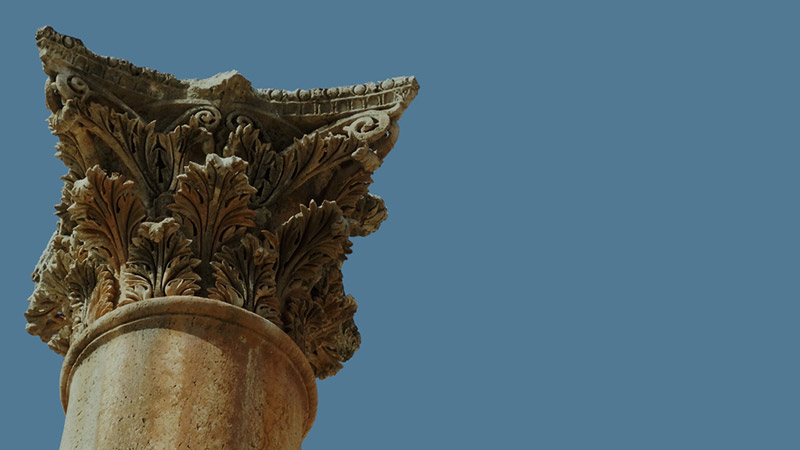More Results
Showing 12 of 535
Encyclopedia

Shofar
The Ram's HornUsed to intimidate the enemy, to declare war, and to call people to assembly, the shofar is one of the oldest wind instruments in the world.' The army of Israel marched around Jericho to the signal of the shofar (Josh. 6). Jewish t...
MOREGlossary

Sepphoris Definition
'%uFFFDGreek for Hebrew zippor, meaning "bird," because the town perched like a bird on a mountaintop in Lower Galilee. Hellenistic city built as Herod Antipas' regional capital; a major urban center of Hellenistic culture and power, wit...
MORE
Septuagint Definition
<p>Means "70." Greek translation of the Old Testament made during the rule of the Ptolemies over the Jews. Frequently quoted by the authors of the New Testament.</p>
MORE
Serapis Definition
Egyptian god of fertility and medicine, ruler of the dead. Worshiped by the Greeks and Romans also.
MORE
Shavuot Definition
Means "weeks"; also known as Pentecost or the Feast of Weeks. It's celebrated 50 days after the Sabbath following Passover.
MORE
Shephelah Definition
Hebrew word for "lowlands." It refers to the area between the Judea Mountains and the coastal plain where the Israelites and Philistines met.
MORE
Shofar Definition
A trumpet-like instrument made of ram's horn blown by priests to announce sacred events such as time of sacrifice.
MORE
Sicarri Definition
An extremist sect of the Zealots heavily involved in the First Jewish Revolt. They were named after their short, curved dagger (sica), which they used to assassinate Romans and Jewish collaborators.
MORE
Siloam Inscription Definition
After workers built the tunnel of Hezekiah, they carved a description of its creation in the stone roof. The inscription tells how two teams of workers, digging from opposite directions, met in the middle. It is unusual because the story is told f...
MORE
Sinai Peninsula Definition
Peninsula south of Israel. Mount Sinai, where Moses received the Ten Commandments, may be located here. The Israelites wandered here for 40 years.
MORE
Sitting in the Gate Definition
Synonym for being a ruler, judge, or official, because the gate compartments functioned as courthouses.
MORE


















